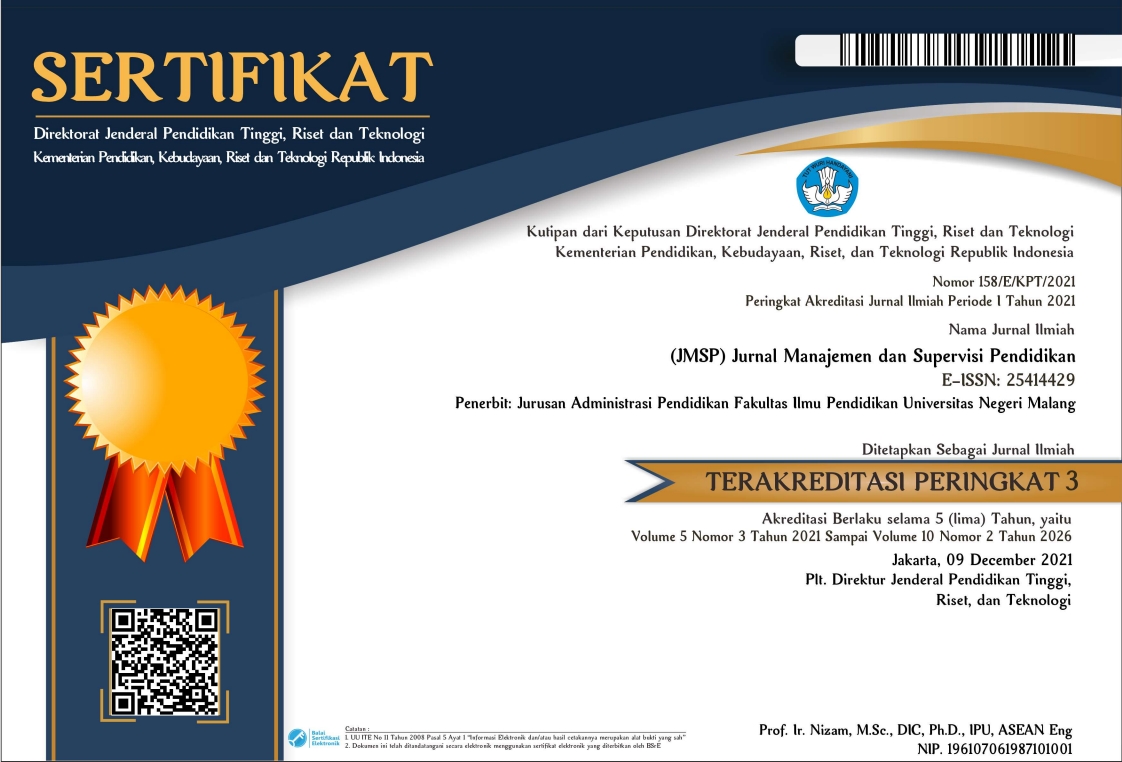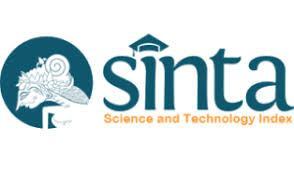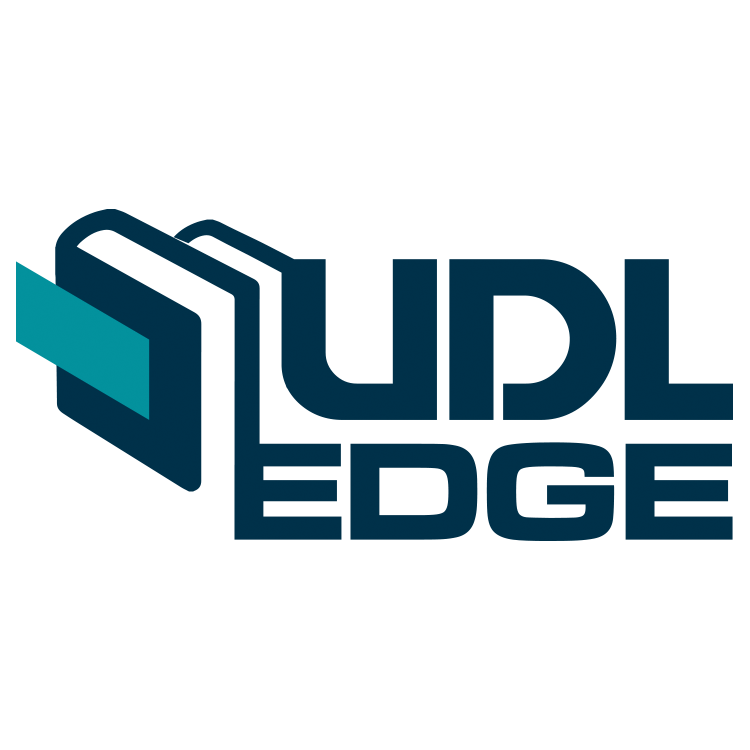Impact of Interpersonal Communication and Peer Supervision on Teacher Performance in Cengkareng West Jakarta
Abstract
Abstract: The purpose of this study is to investigate the direct positive influence of interpersonal communication and peer supervision on teacher performance in elementary schools. The study aims to understand how these factors contribute to enhancing teacher effectiveness and overall educational quality. The method used in this research is a structural equation model analysis, which allows for the examination of relationships between multiple variables simultaneously. Data was collected through questionnaires distributed to elementary school teachers, and the results were analyzed using statistical software. The findings indicate that both interpersonal communication and peer supervision have significant positive effects on teacher performance. The path coefficients for the influence of interpersonal communication and peer supervision on teacher performance are 0.4148 and 0.7857, respectively, with p-values less than 0.05, indicating strong statistical significance. Additionally, the study highlights the importance of effective communication skills and structured peer supervision programs in fostering a collaborative and supportive educational environment. These results suggest that educational institutions should prioritize developing these areas to improve teacher performance and student outcomes. In conclusion, enhancing interpersonal communication and peer supervision among teachers can lead to significant improvements in teaching effectiveness. Educational institutions are encouraged to implement training and support programs to strengthen these skills, thereby promoting a higher quality of education.
Keywords: interpersonal communication; peer supervision; teacher performanceFull Text:
PDFReferences
Adams, L., & Wong, K. (2021). Communication and performance: The mediating role of peer supervision. International Journal of Education and Development. DOI:10.1016/j.tate.2009.08.006
Amalia, N. (2020). Teacher Performance and Communication. Jurnal Manajemen Pendidikan Islam. DOI:10.31538/ndh.v7i1.2075
Amalia, S. (2020). Teaching Materials for Reading in a Professional Context to Improve the Reading Skills of English Education Program Students. Jurnal Penelitian dan Pengembangan Pendidikan, 10(2), 150-167. DOI:10.23887/jppp.v8i1.65693
Cochran-Smith, M., et al. (2014). The Power of Teacher Leaders. New York : Routledge
Culpeper, J., & Kan, Q. (2020). Communicative Styles, Rapport, and Student Engagement: An Online Peer Mentoring Scheme. DOI:10.1093/applin/amz035
Darling-Hammond, L., et al. (2017). Teacher education around the world: What can we learn from international practice?. European Journal of Teacher Education. DOI:10.1080/02619768.2017.1315399
Derakhshan, A., Fei Xie (2021). A Conceptual Review of Positive Teacher Interpersonal Communication Behaviors in the Instructional Context. Frontiers in Psychology. DOI:10.3389/fpsyg.2021.708490
Dewaele, Jean Marc (2020). The emotional rollercoaster ride of foreign language learners and teachers: Sources and interactions of classroom emotions. Modern Language Journal, 101(4), 693-711. New York : Routledge
Dewi, S., & Wijaya, A. (2019). Peer Supervision Techniques. DOI: 10.30868/ei.v13i02.6341
Frisby, B. N., & Martin, M. M. (2010). Interpersonal communication in the classroom: The influence of instructor-student relationships on student learning. Communication Education, 59(4), 267-286.
Goddard, Y., et al. (2015). When Teacher Believe, Students Achieve. The Learning Professional
Hargreaves, A., & Fullan, M. (2012). Leading New, Deeper Forms Of Collaborative Cultures: Questions And Pathways. DOI:10.1007/s10833-021-09448-w
Hoque, M. E., et al. (2020). Pandemic Pedagogy and Turbulence in the Teacher-Student Relationship. DOI:10.1111/aogs.13371
Houser, M. L., & Hosek, A. M. (2018). Communication satisfaction and its implications for teacher performance. Journal of Communication Pedagogy, 1(1), 25-35. DOI:10.31446/JCP.2018.021
Jensen, B., et al. (2016). Professional Development Programs and Student Outcomes. DOI:10.1016/j.labeco.2016.11.004
Johnson, D. W., & Johnson, R. T. (2013). The impact of cooperative, competitive, and individualistic learning environments on achievement. In J. Hattie & E. Anderman (Eds.), International handbook of student achievement (372-374). New York: Routledge.
Kennedy, A. (2020). Competencies and training of health professionals engaged in health coaching: A systematic review. DOI:10.1177/1742395319899466
Knight, J. (2021). Meaningful Integration in Professional Communities: Examining User Behaviors in Catalyst. DOI:10.1558/cj. 20861
Lee, A. (2021). Mentoring for Novice Teachers. DOI:10.1080/13611267.2021.1899585
Linda, D., et al. (2017). Effective Teacher Professional Development. Learning Policy Institute
Norliza Abdul Majid (2017). The Importance of Teachers' Interpersonal Communication Skills in Enhancing the Quality of Teaching and Learning. DOI:10.5829/idosi.wasj.2017.924.929
Pishghadam, R., Zabetipour, M., & Aminzadeh, A. (2019). The role of communication behaviors in enhancing teaching effectiveness. Language Teaching Research Quarterly, 11(2), 99-112. DOI:10.15405/epsbs.2016.12.52
Rahman, A. (2021). High Participation, Low Impact: The Challenge for Teacher Professional Development in Indonesia. DOI: 10.20961/ijpte.v5i1.46636
Roeser, R. W., et al. (2013). Mindfulness Training and Reductions in Teacher Stress and Burnout: Results From Two Randomized, Waitlist-Control Field Trials. DOI:10.1037/a0032093
Thomas, J., & Galla, B. (2013). Reducing Teacher Burnout: A Socio-Contextual Approach. DOI:10.1016/j.tate.2013.05.003
Timperley, H., et al. (2007). Professional Learning And Development: A Best Evidence Synthesis Iteration. Wellington: Ministry of Education.
Van den Bossche, P., et al. (2011). Building Learning Experiences in a Changing World. London : Springer
Wilson, J. H., & Ryan, R. G. (2014). Professor-Student Rapport Scale: Psychometric Properties of the Brief Version, 2014 (133), 45-52. DOI:10.14434/josotl.v14i3.5162
Wiyono, B. B., et al. (2021). Comparison of The Effectiveness of Using Online and Offline Communication Techniques to Build Human Relations with Students in Learning at Schools. DOI:10.1109/ICIET51873.2021.9419660
Wulandari, I. (2023). Addressing student issues through effective communication and peer supervision. Journal of School Psychology, 18(1), 90-105. DOI: 10.23917/jpis.v33i1.20523
Zhang,Y.et,al. (2019). Effective Teacher Communication Techniques. DOI:10.11646/phytotaxa.408.3.4
DOI: http://dx.doi.org/10.17977/um025v8i32024p173
Refbacks
- There are currently no refbacks.
Copyright (c) 2024 JMSP (Jurnal Manajemen dan Supervisi Pendidikan)

This work is licensed under a Creative Commons Attribution 4.0 International License.









